What does the online identity verification process include?
Online identity verification refers to verifying a person’s identity by authenticating an individual’s traits by using AI-integrated technology. It includes verifying details from government-issued documents like name, date of birth, address, and more.
What is the difference between KYC and KYB?
KYC refers to verifying customers, whereas, KYB includes identity verification of companies and suppliers.
Do you facilitate eKYC solutions?
Yes. We offer customers video KYC solutions to help verify remote customers.
How is eKYC different from KYC?
eKYC means the digitized form of KYC or ‘Know Your Customer’. eKYC is the paperless format or digital process of verifying customer identities by electronic mode.
What is KYCC?
KYCC or Know Your Customer’s Customer is an extension of KYC. It helps to know the parties your customers are dealing with and their source of capital.
What is AML?
AML refers to activities performed by financial institutions to achieve compliance with regulatory obligations. It is to monitor risks, detect suspicious activities and prevent money laundering, terrorism financing.
Is there any difference between AML and KYC?
AML or anti-money laundering is a broad term that includes all efforts undertaken by financial institutions and other companies to prevent illicit activities. KYC or Know Your Customer refers to identifying and verifying customers’ identities to ensure they are who they say they are.
What does the term ‘UBO’ mean?
UBO or Ultimate Beneficial Owner is the ultimate (direct/third-party) beneficiary of the business. He holds a minimum of 10-25% of the company’s capital and voting rights. He is the one on whose behalf a financial transaction is conducted.
How is the online identity verification process conducted?
Digital identity verification is quite easier to perform. Customers have to scan their government-issued ID documents, submit a selfie to clear biometric checks, get through liveness detection, and it’s done. Later, an identity verification expert matches the information entered with a wide database stored and gives results in seconds.
Which documents are required for KYC verification?
The accepted KYC documents are social security card, passport, driving license, credit/debit cards, employee ID card, national ID card, ration card, utility bills, voter ID card, salary slips, income tax returns, bank statement, and bank passbook.
Do your identity verification services meet the verification needs of Startups?
Yes! Our services can fulfill the identity verification needs of all companies, regardless of their size.
Are you GDPR compliant?
We are fully GDPR compliant. The customer data is secure as encrypted with SSL.
What are the different identity verification methods that you follow?
We facilitate document verification, online identity verification, biometric authentication (face verification & liveness detection), and two-factor authentication.
How many types of documents do you support?
We support 2,100+ document types across the globe including the social security card, passport, driver’s license, and more.
How many industries do you cover?
Our identity verification solutions are meant to cover all industries including banks and financial institutions, cryptocurrency, retail & e-commerce, and more. Check the entire list at www.xyz.com (insert link of industries page)
How much time does it take to verify identities online?
As online identity verification is powered by Artificial Intelligence, machine learning, and advanced tools, it just takes 3-10 seconds to verify a customer’s identity.
Who is a PEP?
PEP or Politically Exposed Person is an individual who is highly susceptible to bribery or corruption. They hold a prominent public image for being a part of money laundering or similar fraudulent activity. Thus, they pose a high risk to financial institutions and other companies.
What is a sanction list?
Sanctions lists include individuals involved in financial crimes or terrorism activities. These lists are sourced from government agencies, international regulators, and law enforcement companies.
How Can We Help

Identity Verification
Determine the authenticity of the customer by verifying identity documents, biometric verification across the globe.

KYC/AML Compliance
Comply with regulatory obligations and screen the customers for terrorism financing or money laundering.

KYB – Know Your Business
Perform business verification, ensure due diligence by obtaining official company database using APIs.

Age Verification
Verify customers’ ages with streamlined onboarding. Identify red flags, beat fraudsters at ease.

Sanctions Lists/Watchlists Screening
Know if the potential customer/player belongs to the sanctions lists. Keep PEPs out, prevent fraud.

Address Verification
Verify the validity of the address of your customer. Check if the format, identity data, location, etc. is reliable.
Contact Us
Uncover reliable solutions that facilitate smooth identity verification, user-friendly journeys,
and fraud deterrence.
